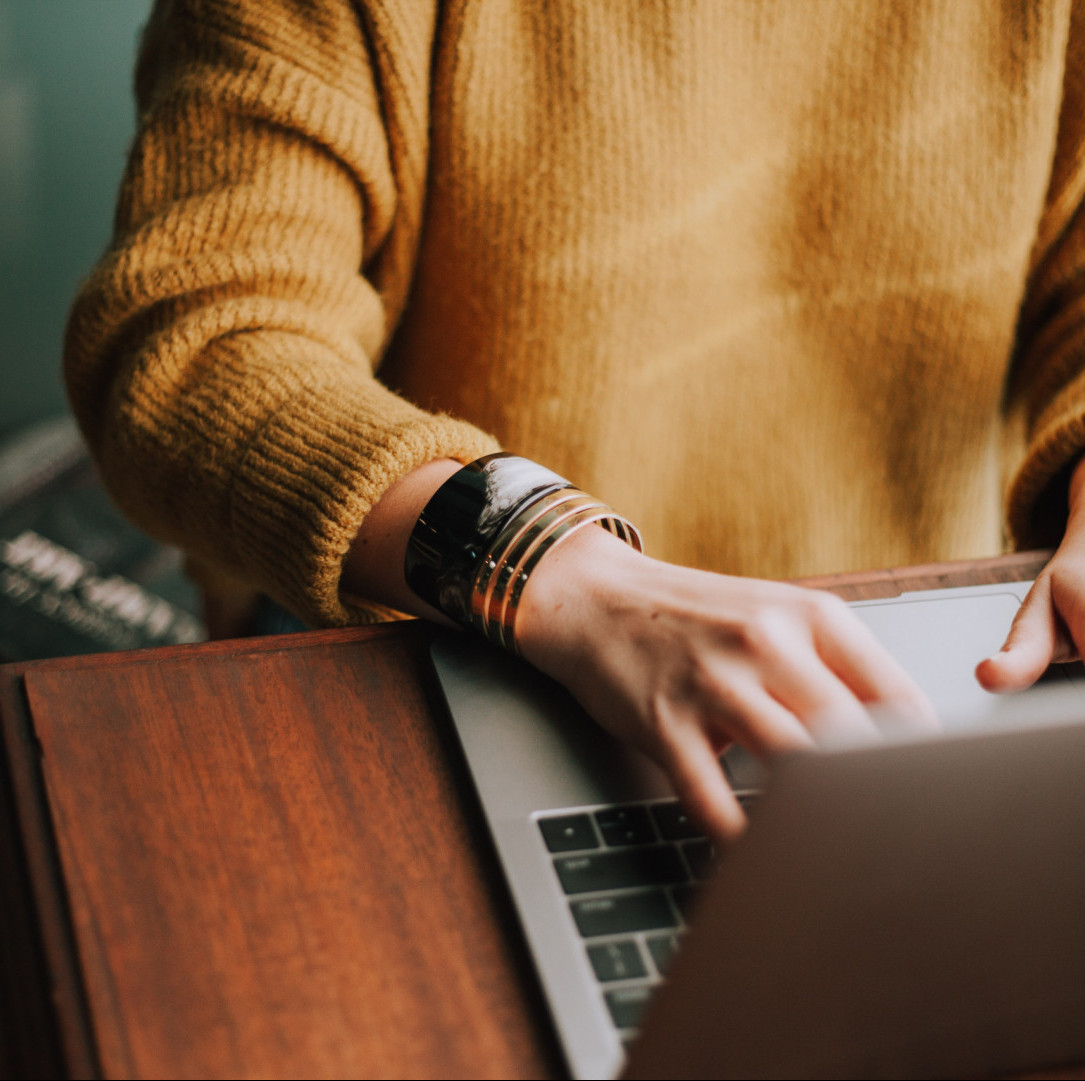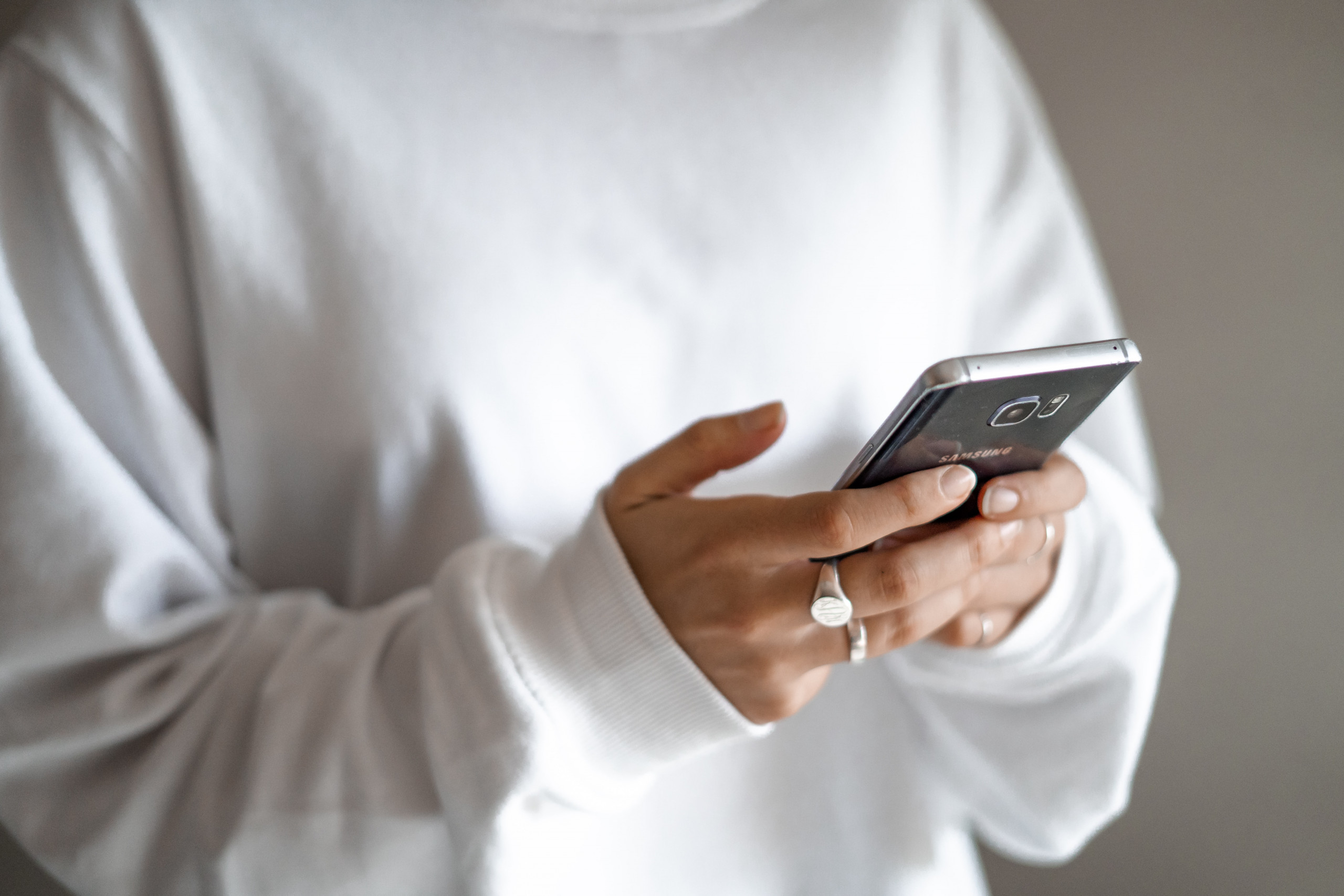Being Fat and Fearful of Recovery… Things Need to Change.
I haven’t shared my story before, so apologies for what you are about to read. I guess I wanted to say something because I wish I had heard this over a decade ago, because I think I’d be ‘living my best life’ right now if I had. So bear with me.
I struggled alone for a long time. I don’t have much family, and my friendship group has deteriorated since I was a teenager so I have often found it difficult to talk to people about what I was going through – not helped by my size. You probably can’t tell by reading this, but for context, I am fat (I’m not entirely sure what is the most PC term for this anymore but this is how I identify, and I’m happy with that.)
Instead of communicating with friends and relatives, I often stalked the ED community online. I followed the conversations and discussions, and I absorbed what I could from the heated debates online. And guess what? Rather than feeling motivated to recover, I felt more alone. Instead, I learnt that:
“ED services stigmatise larger bodies” and “Charities think they’re helping but perpetuate weight stigma” and “National and well-known ED organisation are causing more harm than good.”
My trust deteriorated. Not only did I fear societal stigma surrounding obesity but now I feared everyone. Ridiculously, I feared even the people that could help me, who WANTED to help me.
Other people in larger bodies, obese people, fat people (whatever language I am supposed to be using) were telling me that there was no place for ‘us’. Instead of focusing on my recovery, I was focused on other people’s opinions and experiences of recovery. I found myself embroiled in the ‘fight for fat rights’ I suppose. I was signing petitions, sharing posts and poo-pooing services and organisations who other people said were bad (even though I had no idea if they were or not.) I was fighting someone else’s fight.
That Twitter community told me that being fat meant I would struggle to access treatment, and even if I did, I would have to face weight stigma and fatphobia and will never recover anyway… so what’s the point. And I would like to bet that there is so many people feeling pretty similar right now with the new calorie legislation coming through. I spent a lot of time resenting services and charities I had never come into contact with, years probably. During that time my disordered behaviours became more and more engrained into my daily life and my focus was on ‘fighting the man’, not fighting my ED.
Then one day something changed. I needed something, anything. I needed help, and I was not going to find it on Twitter.
After a weekend of googling, researching and stressing I ended up at the (virtual) door of First Steps ED. I made a referral online and thought, if this doesn’t work then I can always walk away. This might not be the service for me but I need to try.
I was so nervous. They booked me in for an assessment and I cried pretty much up until the team called me. I was overthinking that whole time about the conversation and how they’ll probably turn me away because of my size and because I probably don’t look like their other service users. I was coming to the wrong place… What am I doing? ED services aren’t for people like me.
30 minutes later and… Woah. Something changed. I felt… Validated. And to be honest, a little bit embarrassed. In all the time I was worried about stigma and discrimination, I realised that I had wrongly assumed so much about them and their service users.
I didn’t feel stigmatised or in the wrong place, in fact, I was exactly where I needed to be. It sounds ridiculous but coming away from that assessment alone change my whole perspective. I did deserve support, and they were going to offer it me – without judgement, without judging me and my larger body and without assumption of what I may or may not be feeling.
They listened to me, like no one had before. Even those in the ED community, those with their own personal experiences, had assumed my feelings and experience for me before. Certain ‘ambassadors’ would tell me how I should feel as a larger person with an eating difficulty and what I should be doing about recovery and it felt as though if I didn’t agree and listen, I would be doing the ED community an injustice.
First Steps ED offered me choice, options and opportunities. They have a lovely and supportive team, full of people with their own lived experience of eating disorders and other mental illnesses, and amazingly a community of ex-service users who actually help develop and direct the different things they offer. I had a befriender who was a previous service user, and attended a workshop where we were asked for feedback and ideas for future services and resources… They cared about our needs and expectations. And one amazing thing about their team is that pretty much all of them were able to signpost me to other services and resources which would complement any one-to-one or group support I had.
What I wish I could tell my younger self, and anyone who feels conflicted about accessing support:
First Steps ED are not a weight loss service, and that has never ever been a focus of any of the sessions I have been a part of. They have psychoeducation group which explore emotional triggers and the psychology behind eating disorders. They have wonderful befrienders who are here to listen when you’re having a bad day or give you a pat of the back when you have a recovery win. They have skills-groups that have some incredible facilitators with actual lived experience and are genuinely routing for you to recover.
I’ve never been weighed, or asked about my weight. I’ve never felt isolated, stigmatised or discriminated against and I wish I knew this all those years ago when Twitter told me that all ED services was the same. Because they are not. For me, First Steps ED was wildly different to everything I read online about ED services in the UK. And whilst I haven’t really accessed any other services, I’m inclined to believe that many organisations actually are here to help and we should not judge them so harshly on what we read online.
Some advice:
Whilst we can find ‘our people’ and like-minded communities online, be careful. There are downsides to being a part of community and bowing down to herd mentality. I made some incredible friendships within the ED community, many of whom have hugely benefitted my recovery, and continue to do so, but I think it is fair to say that in some ways they hindered it.
I think of it as ‘moral panic’ to a point – and I know there is a few people that won’t like me saying that. But I fell victim to this widespread fear of discrimination and stigma of people in larger bodies with EDs, something which in my experience was much less of a threat than living with my ED. This fear prevented me from accessing support for a very long time, which in turn, I believe extended my recovery by a number of years.
This is not to say this fear is invalid. There are too many stories out there from people who have been victim to some exceptionally cruel experiences because of weight stigma, discrimination and fatphobia. BUT I believe this shouldn’t deter people from finding help. Please, please ask for help.
To finish:
I feel ok to say that I’m still in recovery. I have some bad days, but First Steps ED have helped me to love myself, accept myself, appreciate my body and live a life I deserve. Because we all deserve that. If you are worried about accessing support for the first time, or following a bad experience, then don’t lose hope. I truly believe there is a service for everyone.
And if you do have a bad experience with a service, give them an opportunity to reflect and change. Calling them out online isn’t always the answer, especially those services that do so much good. Because your words aren’t just affecting them and their team – you are preventing the next generation of people who are wanting to recover.



